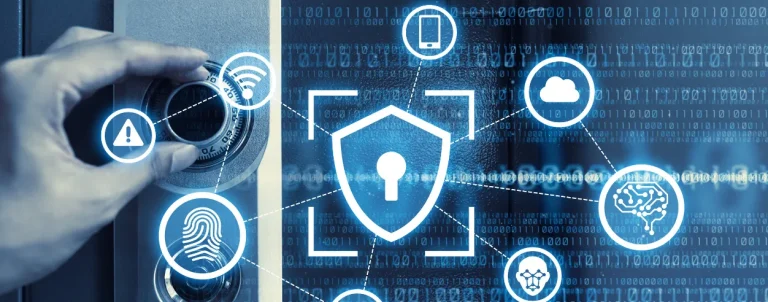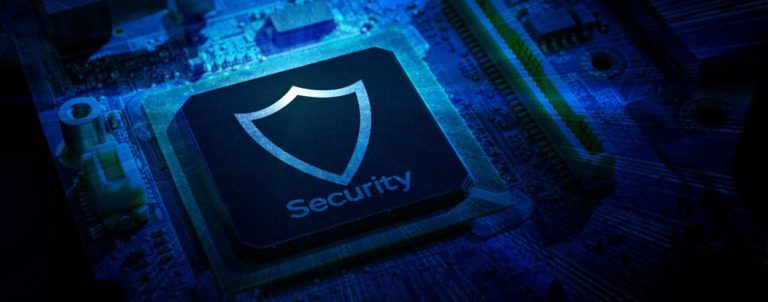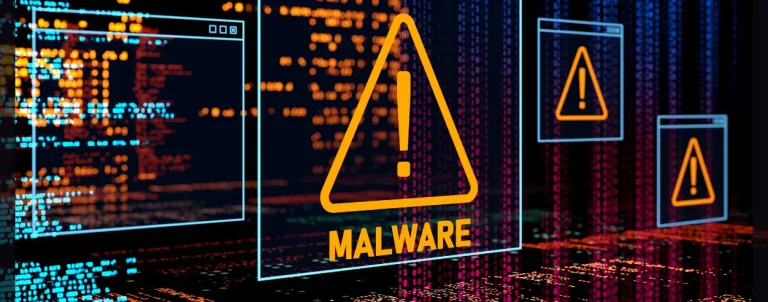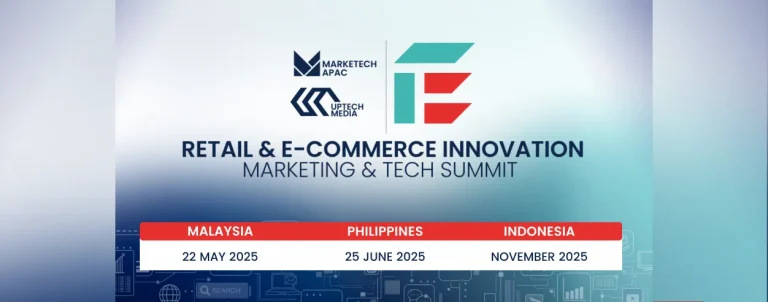Singapore – With artificial intelligence now reshaping both attack and defence strategies, the latest cybersecurity report from Delinea revealed that AI-driven attacks are expected to become faster, more advanced, and harder to detect by 2026.
In this report, a significant trend in ransomware attacks was observed, noting that 2024 became more sophisticated with the rise of double extortion tactics. Cybercriminals were also found encrypting and exfiltrating sensitive data, using the threat of public exposure to pressure victims.
The cybersecurity firm tracked more than 5,700 ransomware cases in 2024, with just five groups, including RansomHub, LockBit, Play, Akira, and Hunters, behind over 36% of them. These findings point to a growing wave of AI-powered phishing attacks, where cybercriminals use AI to create highly convincing emails that blur the line between real and fake.
In addition to the findings, attacks targeting non-human identities like service accounts, APIs, and machine identities were also found to be on the rise. Delinea’s research further revealed that for every human identity, 46 NHIs exist, a number expected to exceed 45 billion by 2025.
However, many of these NHIs remain unrotated for 627 days on average, with over 70% failing to meet recommended rotation timeframes. Around 97% are also exposed to third-party vendors, increasing the risk of security breaches.
Jon Kuhn, SVP of product management at Delinea, said, “One of the biggest challenges identified in the report is the increasing targeting of non-human identities. For organisations, this shift means they are facing a massive and often ignored security gap.”
“With the number of these machine identities expected to grow exponentially in the coming years as enterprises continue to rapidly adopt AI, the lack of proper credential management and the exposure of these identities to third parties create serious vulnerabilities that cyber attackers can exploit to gain unauthorised access to critical systems and data,” noted Kuhn.
Gal Diskin, vice president of threat and research at Delinea, also explained, “The rise in ransomware sophistication and the increasing prevalence of AI-driven attacks are undeniable trends in today’s cybersecurity landscape. Our research reveals that cybercriminals are increasingly using AI and powerful Ransomware-as-a-Service (RaaS) tools to launch more targeted and scalable attacks, particularly around phishing and machine identities.”
“To stay ahead, organisations must adapt their security strategies, focusing not just on advanced threat detection but also foundational security controls and strengthening multi-factor authentication (MFA) to combat the growing threat of credential phishing,” he further added.











